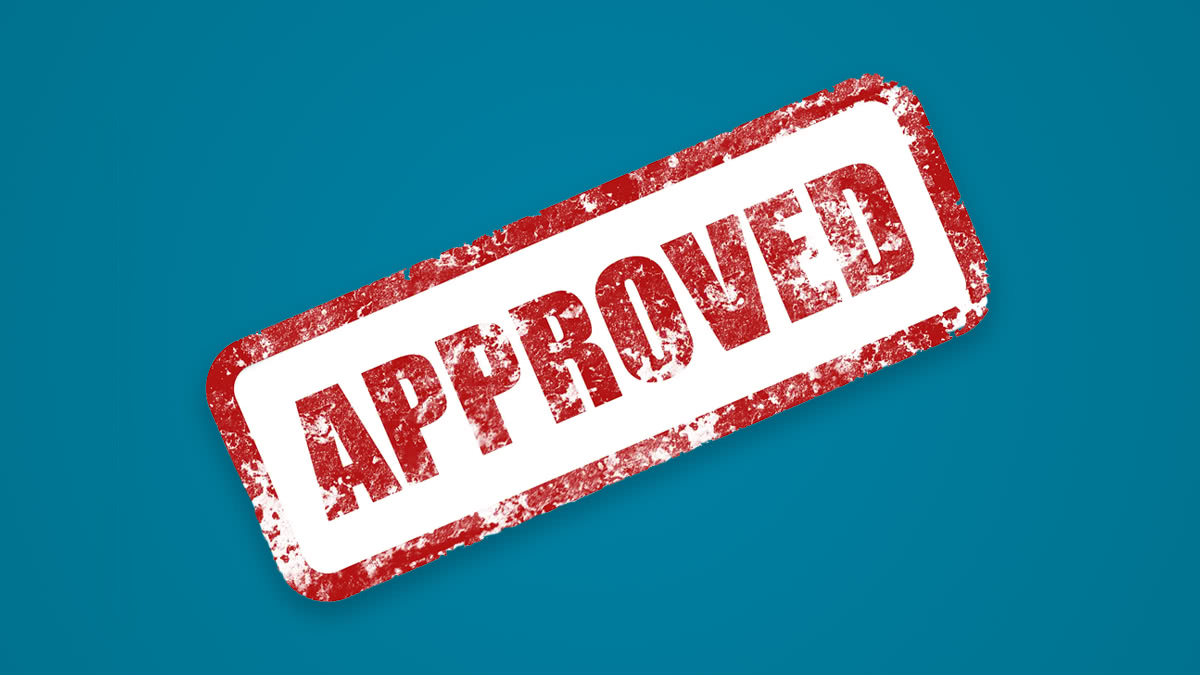Short-Term Business Loans: The Advantages and Disadvantages of Short-Term Financing

Due to bad credit, a poor debt-to-income ratio, or strict lender credit score requirements, you may not qualify for traditional financing options like long-term business loans or may be looking at a small business loan with a high-interest rate and larger monthly payments. Short-term financing might be a better option for your particular circumstances.
The Small Business Administration offers short-term business loans specifically to small business owners who need a little extra cash flow but don't want to resort to personal loans or other forms of less attractive business financing. Every small business is different, so no two business loans will be alike. A short-term business loan that might benefit one business might not be the right option for your company.
The type of short-term loan you may need will depend on factors like your annual revenue, the loan amount, the debt your business is currently carrying, the interest you can afford to pay, repayment terms, and your short-term business financing needs.
Here's a closer look at short-term business loans, the advantages and disadvantages of short-term financing, and how you can make the most of the available options.
What Are the Pros and Cons of Applying for Short Term Business Loans?
A short-term business loan is a great way to get the cash you need to cover unexpected expenses, but you might be wondering how short-term business loans differ from other types of business loan financing with more traditional, longer repayment terms.
Business lenders typically consider long-term business loans to be anything with a loan term of three to 10 years. This type of long-term financing is popular in business finance, as long-term loans can be used to pay for expensive assets like equipment, buildings, and other property that will hold its value for many years.
However, short term debt is usually used for more pressing concerns, and many businesses experience short term finance needs for which a long or medium-term loan may not be the best choice.
In these cases, a loan with a term of between six and 18 months may be all that's needed and provide significant advantages over longer-term loans or other options, such as a business credit card or a business line of credit, which may have higher interest rates or additional fees.
Let's examine some of the benefits and advantages of short term vs. long-term business loans in more detail.
Pro: You'll Receive Your Loan Quickly
The most obvious benefit of a short-term business bank loan is that it can provide you with fast capital, usually in just a few business days. If you have emergency expenses or other immediate funding needs, you can often get a short-term loan quickly.
In addition, a short-term business loan application is typically shorter than a traditional bank loan application. This can be a great solution if your business has pressing credit issues or can't afford to wait for a lengthy approval process.
Con: These Loans Come With High-Interest Rates
Since the application process is typically more lenient than other financing alternatives, most short-term business loans have higher interest rates. Compared to a business line of credit, a secured loan, or loans with longer terms, you may end up paying significantly more for the same loan amount.
Repaying working capital as quickly as possible is the best way to minimize the total cost of securing it. Be sure there are no loan prepayment penalties for the type of loan you're acquiring, and compare it to other available options, like equity financing or business credit cards, which may offer a similar solution but with overall savings that may make them attractive.
Pro: The Loan Application Process Is Simple
In addition to having a shorter application process, short term loan applications are typically less detailed and require less time and effort to complete. These loans require relatively little paperwork, and the applications can usually be completed online.
If you have any questions about details, fees, or credits that may apply to the financing you're after, it's best to contact your business loan lender or other funding specialist directly.
Con: Frequent Payments Are Required
A notable drawback of applying for a short-term business loan is that many require more frequent payments, often on a weekly or even daily basis. If your business lacks consistent annual revenue sources or relies on seasonal trade, you may want to consider other loan options like merchant cash advances. In some cases, more flexible financing options with advantageous repayment terms may be a better bet.
If your business is unable to make frequent payments, you may qualify for trade credit. With this financing option, you can buy items on credit and pay the supplier later. It's still considered short term financing but functions differently than a merchant cash advance or other traditional short-term loans.
Pro: Easy to Qualify For
Most short-term business loans are approved at a much higher rate than traditional business financing options. Even if your small business has a limited or poor credit history, you may still qualify for a short term loan.
The business loan lender will still want to review your personal and business credit scores, and in this case, it can be helpful to have an established business bank account with the lender you're considering. However, if you have a good credit score and a history of on-time debt repayment, financing requirements are likely to be much less stringent.
If you have poor credit, you may need to apply for a secured loan. The lender will ask you to submit collateral to ensure you repay the loan. If you can't pay off your loan within the agreed-upon term, your lender will collect the collateral in exchange.
Although this can help you secure financing, it's important to consider what will happen if you lose the collateral. For instance, losing business equipment could make it difficult for you to run your operations.
Con: There's the Potential for Significant Debt
It's important to note that acquiring any business debt is inherently risky, regardless of the financing product you select. You should only apply for a loan if you believe you can repay your debt on time. Otherwise, your business risks getting caught in a debt payment cycle that can jeopardize its future.
Conclusion: Is a Short-Term Business Loan Right for You?
Short term loans can help reduce cash flow gaps, but they also have drawbacks. Before submitting a loan application, your business should consider all available options. For example, a short-term loan may not be your best option if you can qualify for a low-interest loan.
However, despite these risks, short-term loans can be helpful to your business in times of need. Your business may benefit from a short-term business loan if:
Your company has relatively quick cash flow cycles
You have a reliable method for repaying your debts
You'll benefit from an immediate capital infusion
Whether it makes sense to apply for this loan depends on your business's specific conditions and characteristics. Of course, a short-term loan isn't your only business financing option.
To learn about other financing terms from Fora Financial, check out our guides on how to choose the right financing terms for your business and other long-term business loans that may be available to you.
Editor's Note: This post was updated for accuracy and comprehensiveness in April 2024.
Since 2008, Fora Financial has distributed $4 billion to 55,000 businesses. Click here or call (877) 419-3568 for more information on how Fora Financial's working capital solutions can help your business thrive.






